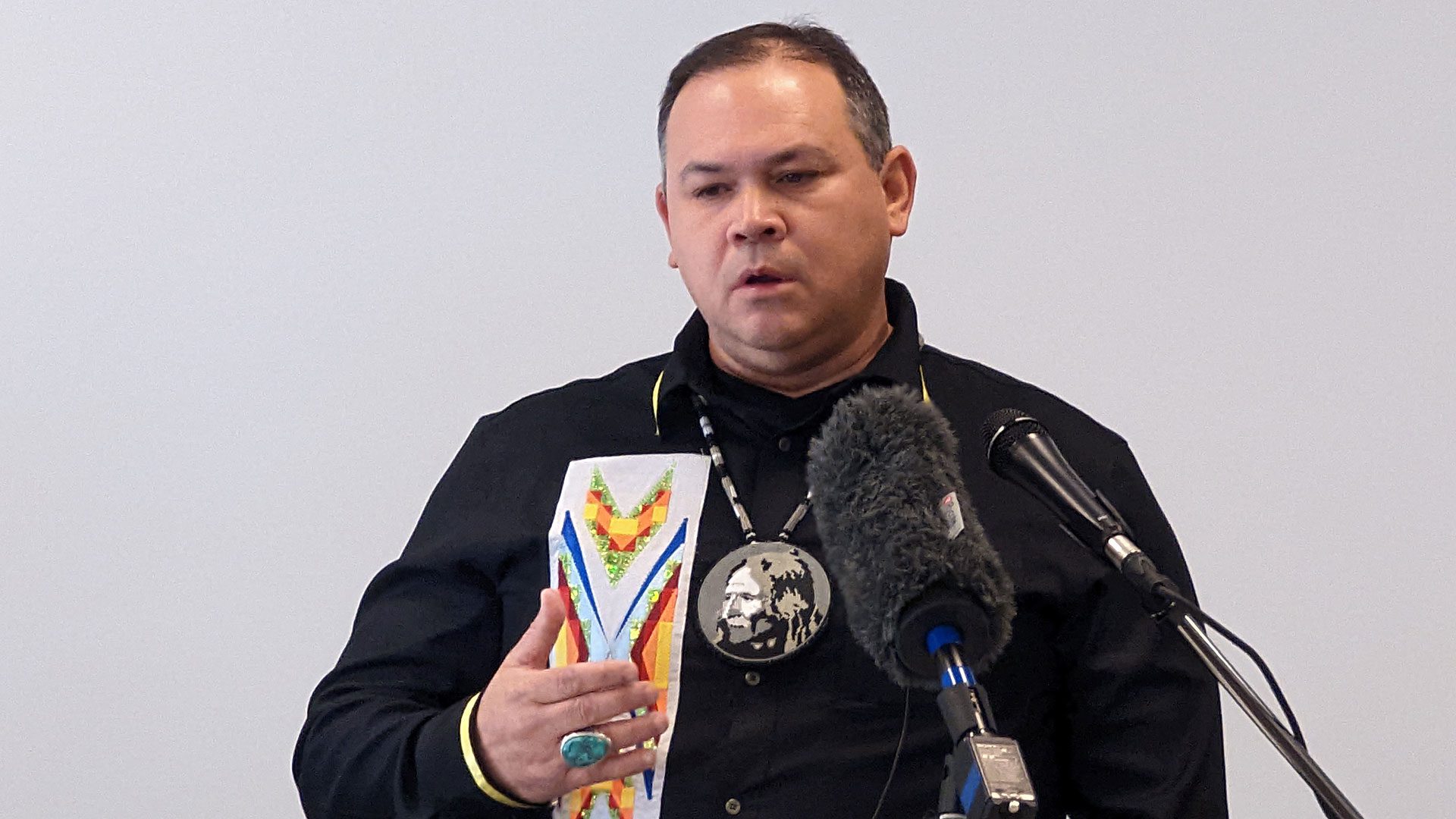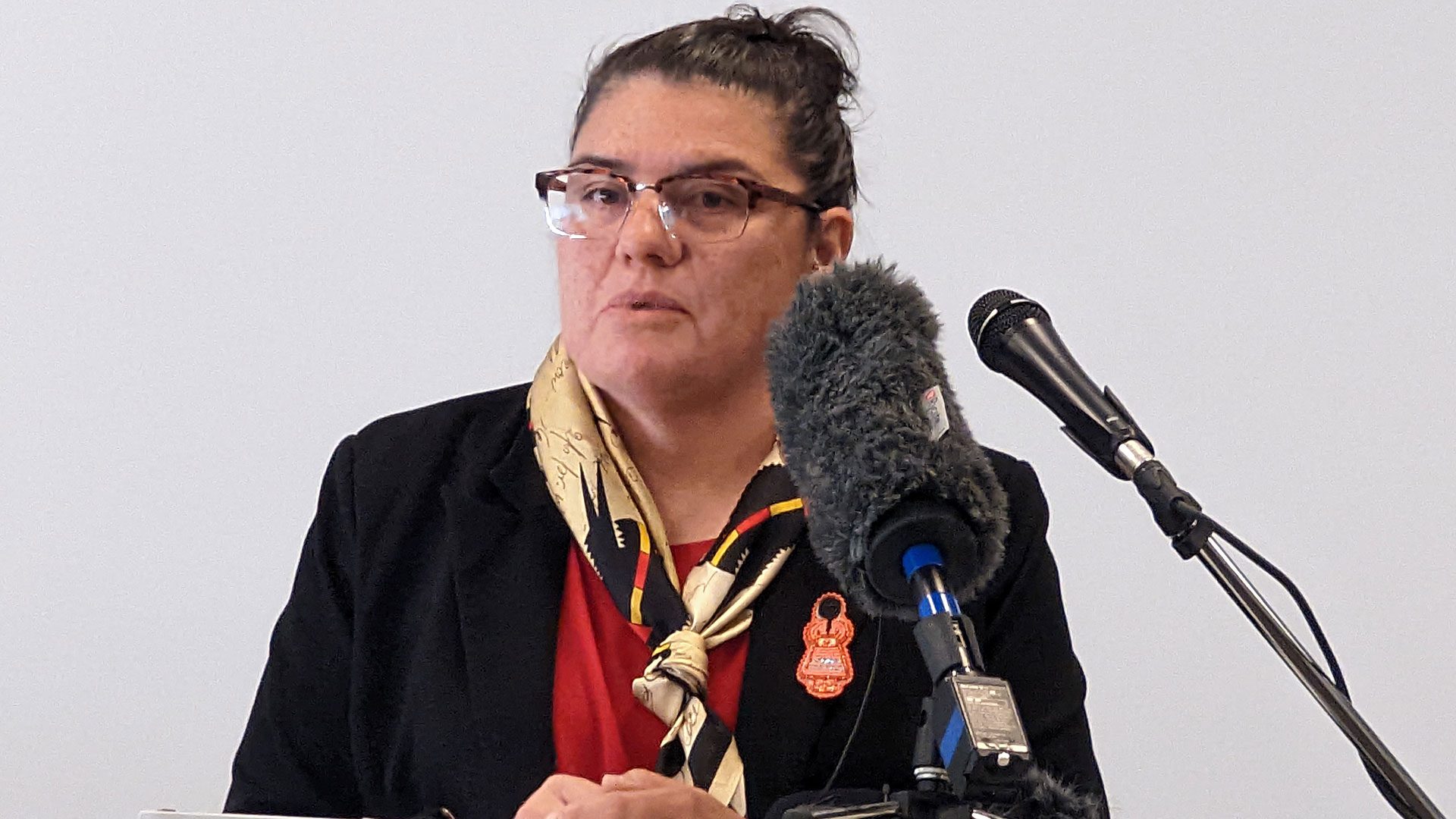The Blackfoot Confederacy in Treaty 7 territory says it has filed a complaint with the Canadian Human Rights Commission over the treatment of adults with developmental disabilities and the lack of on-reserve services to help them.
“The basis of the complaint includes continuous discrimination caused by the ISC on the basis of race, national or ethnic origin, disability or an intersecting combination thereof,” said a statement on the Siksika website. “Through the ISC, the federal government has failed to fund and support the services necessary to enable full participation in society for First Nations adults with disabilities.
“Under the current regime of the services and supports available, needs of the adult members of these Blackfoot Nations are being continuously unmet.”
The Blackfoot Confederacy is made up of the three nations of Siksika, Kainai and Piikani.
Lawyers representing leaders with the confederacy say services available to Albertans are not being offered to their members who live on reserve.
“All these families have a choice, they can either stay at home and live on the reserve with their culture, with their communities… or they can move off reserve in order to access services that are essential for the health and well-being of their loved ones,” said lawyer Carly Fox.

People involved with the complaint are over the age of majority and therefore not eligible to receive services under the federal government’s program Jordan’s Principle.
According to the online statement, “The claim will help to establish stable and equitable funding for the creation of comprehensive and culturally appropriate programs, supports and services,” and the “creation of transition supports and services for First Nations individuals with disabilities who are transitioning from childhood to adulthood,” and “individual compensation for all victims of the discrimination described in the complaint.”
The statement does not put a dollar figure on the compensation.
Leaders say services that are lacking include community living, long-term care facilities, home care, respite services and medical transportation.
“We are not seeking anything that every other Albertan doesn’t already receive,” said Siksika Nation Chief Ouray Crowfoot. “The thing that I’ve said constantly the whole three years I’ve been in is fair and equitable treatment.
“We’re Albertans just like everybody else is Albertans. Our members shouldn’t have to leave the reserve to receive the same treatment you would in Calgary or any other municipality.”
In June, the Assembly of First Nations and the federal government signed a $20 billion settlement over Jordan’s Principle. The Canadian Human Rights Tribunal is considering whether to sign off on the deal.
Now the confederacy complaint is introducing a new group of people who are not being offered services by the federal government because they live on reserve.

In 2016, the CHRT found the federal government “willfully and recklessly” discriminated against First Nations children in the child welfare system for offering services off-reserve, but not on reserve. In December 2021, it agreed to a $20 billion compensation package.
Tracy McHugh, a council member in Siksika, says her sister is one of the people who needs help but can’t get it because she lives on-reserve.
“To date, she still doesn’t have access to proper funding for programs that would give her proper independence while living in her community,” she said. “I think that option of do you stay home in your community without the programs and services or do you leave the reserve too to get those essential needs? How is that an option? How is that a good option for any parent? Any guardian?”
An emailed statement to APTN News from Indigenous Services didn’t address the complaint lodged by the confederacy or what people there have been going through.
Instead, it offered a standard response stating, “supporting the health and well-being of First Nations communities and individuals is a top priority for Indigenous Services Canada. We remain committed to working with all partners in addressing gaps and improving access to the supports and services that people need.”
The confederacy said the complaint has been filed with the commission, but it won’t release details of it until a later date.









